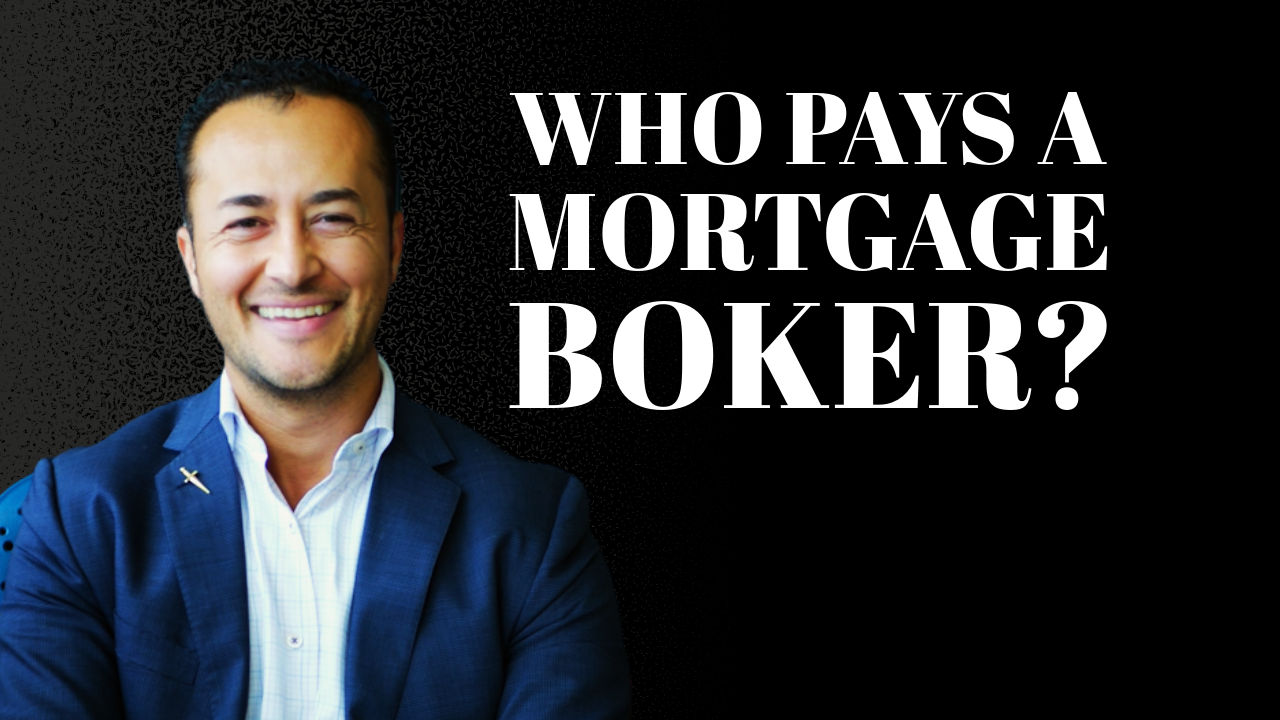Mortgage Qualification
Your Comprehensive Guide to Securing Home Financing
In the quest for homeownership, navigating the maze of mortgage qualification requirements can feel overwhelming. From credit scores to debt-to-income ratios, there are numerous factors lenders consider when evaluating your eligibility for a mortgage loan. Understanding the ins and outs of mortgage qualification is crucial for prospective homebuyers looking to make their homeownership dreams a reality. In this in-depth guide, we'll explore everything you need to know about mortgage qualification, including key requirements, strategies for improving eligibility, and tools for determining how much house you can afford.
Understanding Mortgage Qualification
Mortgage qualification refers to the process by which lenders assess a borrower's financial profile to determine their eligibility for a mortgage loan. Lenders evaluate various factors, including credit history, income, employment stability, and existing debts, to gauge the borrower's ability to repay the loan. Meeting the qualification criteria is essential for obtaining a mortgage loan and securing favorable terms and interest rates.
Key Factors in Mortgage Qualification
Several key factors influence mortgage qualification:
- Credit Score: A borrower's credit score is one of the most critical factors in mortgage qualification. Lenders use credit scores to assess the borrower's creditworthiness and likelihood of repaying the loan. Higher credit scores typically result in lower interest rates and more favorable loan terms.
- Debt-to-Income Ratio (DTI): The debt-to-income ratio measures the borrower's monthly debt obligations relative to their gross monthly income. Lenders use DTI ratios to evaluate the borrower's ability to manage additional debt. A lower DTI ratio indicates a lower risk for lenders and may improve mortgage qualification prospects.
- Income and Employment History: Lenders assess the borrower's income level and employment history to ensure they have stable, reliable income to support mortgage payments. Consistent employment and sufficient income are essential for mortgage qualification.
- Down Payment: While not always a strict requirement, a larger down payment can improve mortgage qualification by reducing the loan-to-value ratio and demonstrating the borrower's financial responsibility and commitment to the purchase.
Strategies for Improving Mortgage Qualification
To enhance your chances of qualifying for a mortgage loan, consider the following strategies:
- Improve Your Credit Score: Take steps to improve your credit score by paying bills on time, reducing outstanding debt, and correcting any errors on your credit report. A higher credit score can increase your chances of mortgage qualification and secure better loan terms.
- Reduce Debt and DTI Ratio: Pay down existing debts to lower your debt-to-income ratio and demonstrate financial responsibility to lenders. This can improve your mortgage qualification prospects and potentially qualify you for a larger loan amount.
- Increase Income: Consider ways to boost your income, such as taking on additional work or pursuing career advancement opportunities. A higher income can strengthen your mortgage qualification profile and make you a more attractive borrower to lenders.
- Save for a Larger Down Payment: Save for a larger down payment to reduce the loan-to-value ratio and improve your mortgage qualification prospects. A substantial down payment demonstrates financial stability and commitment to the purchase, which can positively impact lenders' decision-making.
Using Mortgage Gift Letters to Enhance Qualification
For borrowers receiving financial assistance from family members or other sources, mortgage gift letters can be a valuable tool for enhancing mortgage qualification. A gift letter confirms that funds provided for the down payment or closing costs are indeed a gift and not a loan, alleviating concerns for lenders about undisclosed debts or obligations. By documenting gift funds with a mortgage gift letter, borrowers can strengthen their mortgage qualification profile and improve their chances of loan approval.
Determining How Much House You Can Afford
Before beginning your home search, it's essential to determine how much house you can afford comfortably. Several tools and guidelines can help you assess your affordability:
- Budgeting: Calculate your monthly income and expenses to determine how much you can afford to allocate toward housing costs, including mortgage payments, property taxes, insurance, and maintenance expenses.
- Debt-to-Income Ratio: Use your debt-to-income ratio as a guideline for estimating how much of your income can reasonably be allocated to housing expenses. Lenders typically recommend keeping your total debt-to-income ratio below 36% to 43%.
- Online Affordability Calculators: Many financial websites offer online affordability calculators that allow you to input your income, expenses, and other financial details to estimate how much house you can afford based on current mortgage rates and lending guidelines.
- Pre-Approval Process: Consider obtaining a mortgage pre-approval from a lender, which involves submitting financial documentation for review and receiving a conditional commitment for a loan amount. A pre-approval can give you a better understanding of your purchasing power and help streamline the homebuying process.
Conclusion
Mortgage qualification is a multifaceted process that requires careful consideration of various financial factors. By understanding the key components of mortgage qualification, implementing strategies to improve eligibility, and using tools like mortgage gift letters and affordability calculators, prospective homebuyers can navigate the path to homeownership with confidence. Whether you're a first-time buyer or a seasoned homeowner, taking the time to understand mortgage qualification can help you secure the financing you need to achieve your homeownership goals.
Want to Get Pre-Approved? Apply Now
SHARE








